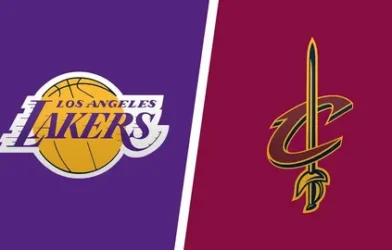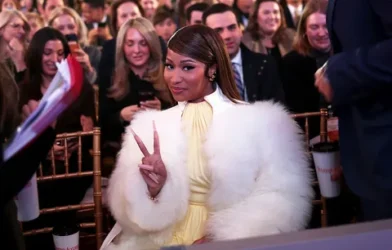Introduction
In the world of professional wrestling, some names shine bright for a short time and leave a lasting impression. One such name is Buff Bagwell. Known for his charisma, muscular physique, and over-the-top personality, Buff Bagwell became a standout star in the 1990s during wrestling’s most competitive era. While his career had its highs and lows, his presence in the ring made him unforgettable to fans of World Championship Wrestling (WCW) and beyond.
This blog takes a closer look at Buff Bagwell’s wrestling career, personal struggles, and the legacy he leaves behind in the world of sports entertainment.
Early Career and Breakthrough
Buff Bagwell, born Marcus Alexander Bagwell, began his wrestling career in the early 1990s. Before becoming “Buff,” he was known for his athleticism and good looks. His early persona was more of a clean-cut, all-American babyface, and he quickly gained attention in WCW for his potential as a rising star.
In the beginning, Bagwell teamed up with several well-known wrestlers, forming tag teams with veterans like 2 Cold Scorpio and The Patriot. These early partnerships helped him build experience and recognition. However, it was his transformation into the character Buff Bagwell that truly launched him into stardom.
Becoming Buff: The WCW Star
Buff Bagwell was born as a character during his time with the group known as the New World Order (nWo), one of the most popular and influential factions in wrestling history. When Bagwell joined the nWo in 1996, he changed his look, attitude, and wrestling style. Gone was the friendly rookie. In his place stood a cocky, arrogant, and self-obsessed performer who referred to himself as Buff because, as he claimed, he was “the stuff.”
With his new persona, Buff became a regular face on WCW television. He was known for flexing his muscles, flashing his trademark grin, and playing the role of the egotistical showman. Fans either loved to cheer him or hated to boo him — a perfect balance for a wrestling heel.
Injuries and Setbacks
Despite his popularity, Bagwell’s career was not without its setbacks. In 1998, he suffered a serious neck injury during a match with Rick Steiner. The injury required surgery and nearly ended his career. Many fans and fellow wrestlers thought he would never return to the ring.
To his credit, Bagwell worked hard on his recovery and made a comeback. His return was emotional and welcomed by fans, but he was never quite the same performer. While he continued to wrestle in WCW until its final days, the injury changed the course of his career.
Short Stint in WWE
When WCW was purchased by WWE (then WWF) in 2001, many fans expected Buff Bagwell to make a big splash in the new company. However, his time in WWE was surprisingly brief. He only had one televised match before being released from the company.
Rumors and backstage reports suggested that issues such as attitude problems and poor crowd reactions played a part in his early departure. Whatever the reason, Bagwell’s WWE run was short-lived, and it marked the beginning of his wrestling career’s decline.
Life After Wrestling
After leaving the big wrestling stage, Buff Bagwell continued to wrestle on the independent circuit for many years. He also explored other opportunities outside the ring, including reality television and even brief appearances in media interviews that kept his name alive among fans.
However, he also faced personal struggles, including battles with addiction and legal issues. In later years, Bagwell has been open about his difficulties and has sought help, sharing his journey with fans and encouraging others to seek support when needed.
Buff Bagwell’s Legacy
Buff Bagwell may not have reached the same level of fame as wrestling legends like Hulk Hogan or Stone Cold Steve Austin, but he still left his mark. His work during WCW’s peak years helped shape the product that fans loved during the Monday Night Wars era. He was a true entertainer who knew how to work a crowd, both in and out of the ring.
To fans of 90s wrestling, Buff Bagwell remains a symbol of that era’s style — flashy, bold, and larger than life.
Conclusion
Buff Bagwell’s story is one of early promise, big opportunities, and the harsh realities of life both inside and outside the ring. His journey reminds us that success in the world of wrestling can be fleeting, and that personal battles often continue long after the cheers fade.













Comments are closed